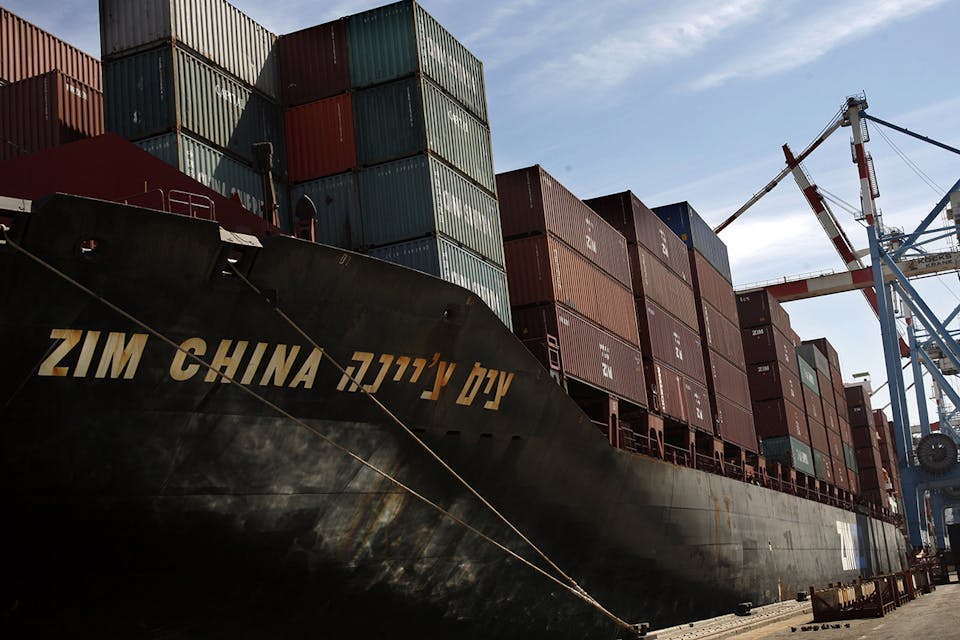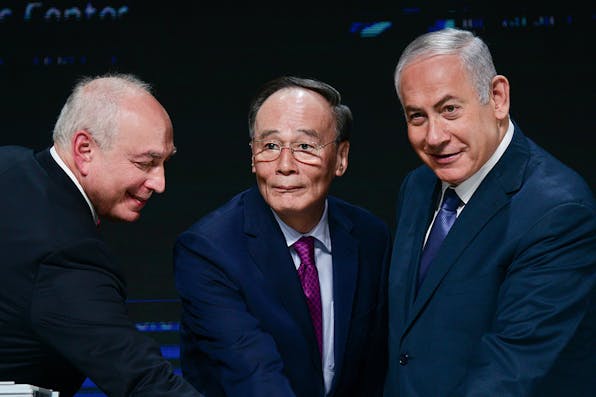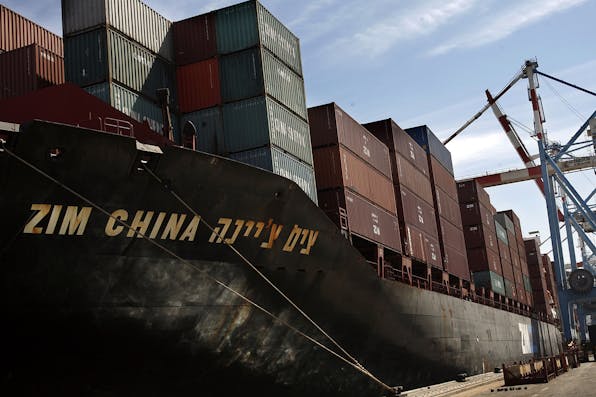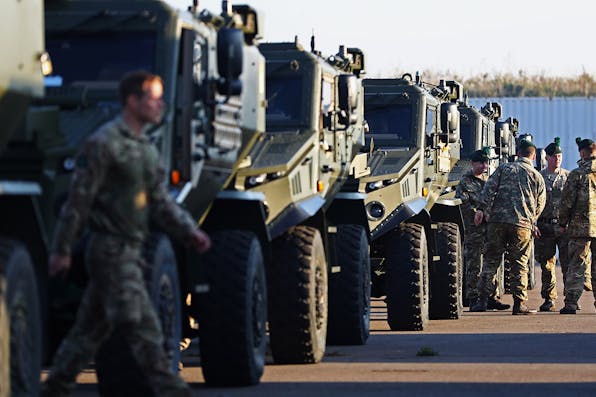
December 17, 2019
How to Reframe the American-Israeli Alliance in a New Age of Great-Power Competition
Now that China has supplanted global terrorism as the U.S.'s main foreign-policy concern, the Israel-China relationship will have to change.
In his new essay for Mosaic, Arthur Herman describes the “impasse” in Israel-U.S. relations occasioned by Israel’s increasing—and, it is said, increasingly worrisome—ties with China, America’s chief geopolitical competitor. In doing so, he records as well some problematic aspects on the American side, especially a deep layer of mistrust, harbored by some U.S. officials toward their Israeli counterparts, that stems from legacy grievances against the Jewish state including the Jonathan Pollard affair in the 1980s and crises in the early and mid-2000s involving Israel’s defense exports to China.
To resolve the impasse, Herman then proposes a Defense Trade Cooperation Treaty (DTCT), an instrument less formal and all-encompassing than an actual defense treaty, aimed specifically, and remedially, at marrying the unique industrial and technological strengths of each partner in the furtherance of their shared national interests.
I agree both with Herman’s diagnosis and with his proposed approach. Here I would like to broaden the discussion by offering some additional strategic context and delineating a number of specific steps toward a more constructive path ahead.
Responses to December ’s Essay

December 2019
Israel Shouldn’t Draw Fixed Lines Between Itself and China
By Eran Lerman
December 2019
How to Reframe the American-Israeli Alliance in a New Age of Great-Power Competition
By Assaf Orion
December 2019
Israel Is a Tech Superpower, and America Needs It on Its Side
By John Hannah, Annie Fixler
December 2019
Israel Can Teach America How to Be More Creative in the Face of Powerful Adversaries
By Vance Serchuk
December 2019
It’s Time for a “Common Market” in Defense Trade
By Arthur Herman